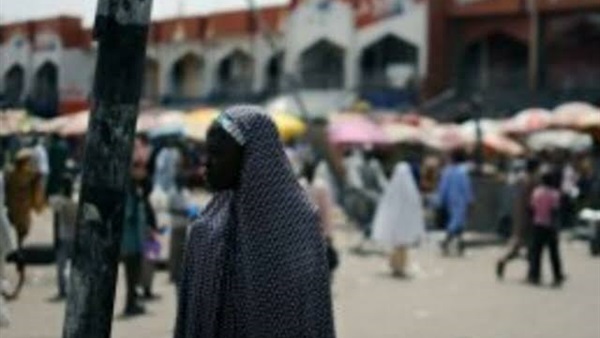Pro-Biafra militants accused of killing pregnant woman and children in Nigeria

A spate of killings in south-east Nigeria blamed on a prominent Biafran secessionist group has sparked outrage and added another layer of insecurity in the country, where kidnappings for ransom are common in the north-west and an Islamist insurgency has been going on for more than a decade in the north-east.
In one incident last week a pregnant mother and her four children were killed as they were travelling home from a visit to family members on a motorcycle taxi. At least seven other people were killed in Anambra state last Sunday, a day after the mutilated bodies of an abducted state lawmaker and his aide were discovered.
The south-east is the homeland of the Igbo ethnic group, who are agitating to secede from the rest of Nigeria. Police said militants linked to the Indigenous People of Biafra (Ipob), a prominent Biafran secessionist organisation proscribed as a terror group by the Nigerian government, had carried out the attacks. Ipob says it wants to achieve independence through non-violent means.
An attempt by Igbo separatists to secede as the Republic of Biafra in 1967 triggered a three-year civil war in which more than a million people were killed.
Amnesty International said last August that Nigerian security forces had killed at least 115 people in the south-east in the first eight months of 2021 and arbitrarily arrested or tortured scores of others.
Pro-Biafra militants have in turn killed scores of security and government officials, as well as civilians, in armed operations that have grown more frequent and daring. They have also carried out mass jailbreaks in which they have freed thousands of inmates and enforced “stay at home” orders.
What began as pro-Biafra protest sit-ins by local people have gradually been widely and brutally enforced by militants at markets and commercial areas. Broadcast messages by people speaking in Igbo, circulating on WhatsApp, regularly warn residents to comply or be murdered.
Ipob’s leader, Nnamdi Kanu, a British-Nigerian citizen, is currently detained and on trial on charges of terrorism and incitement. His family say he was abducted from Kenya in an act of extraordinary rendition to face charges in Nigeria.
Ipob has called for Kanu and other detained members to be released. The governor of Anambra state visited Kanu in detention earlier this month for a meeting “in search of lasting peace and security in the south-east”, highlighting the influence that local officials believe he wields in the ongoing crisis.
Kanu rose to national prominence in 2015 as a result of controversial broadcasts on Radio Biafra, an online station he ran for periods from his home in Peckham, south London. The broadcasts were made at a time when secessionist agitation was on the rise in south-east Nigeria, driven in part by resentment over the election of Muhammadu Buhari as the country’s president. Muhammadu was a brigade major during the civil war, during which Nigeria’s military was accused of large-scale abuses.
The conflict, which failed to lead to an independent state of Biafra, is one of the darkest chapters in Nigerian history. Details of it are heavily censored and the atrocities perpetrated have barely been acknowledged.
Security forces responded with force to large protests in the region in 2015, including an increase in military operations that have been condemned by rights groups.





